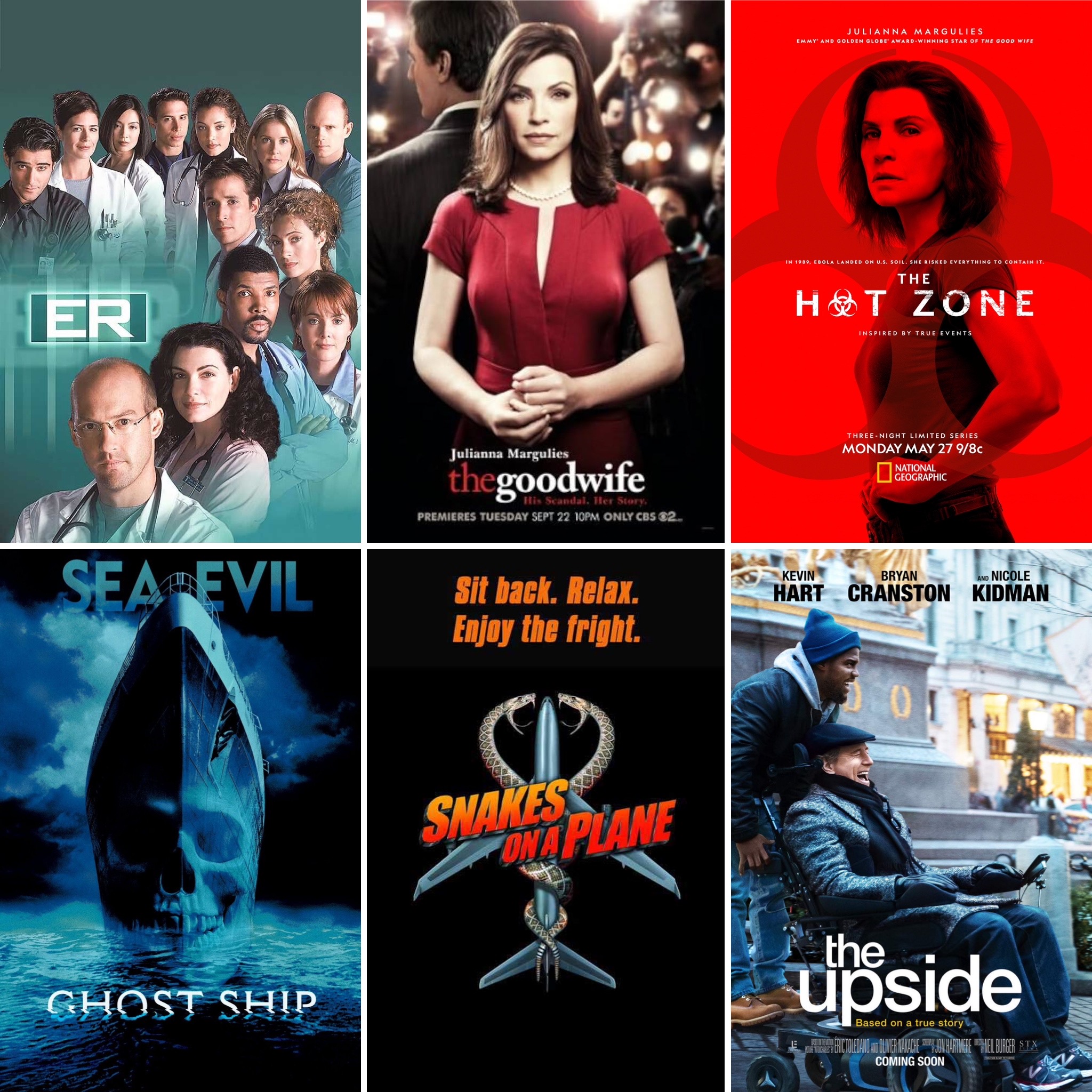
Justice at Zero Dark Thirty…
Zero Dark Thirty is a 2012 political thriller film directed by Kathryn Bigelow and written by Mark Boal. The film is Independently financed by Megan Ellison at Annapurna Pictures, and produced along with Bigelow and Boal. Zero Dark Thirty dramatizes the nearly decade-long international manhunt for Osama bin Laden, leader of the terrorist network Al-Qaeda, in retaliation for the September 11 attacks, which culminated in the discovery of his compound in Pakistan and the U.S. military raid where bin Laden was killed on May 2, 2011. The film stars Jessica Chastain, Jason Clarke and Joel Edgerton.
















Zero Dark Thirty was accused of being pro-torture by U.S. senators John McCain, Dianne Feinstein and Carl Levin, but was still widely released on January 11, 2013 to critical acclaim. The film received critical praises for its acting, direction, screenplay, sound design, and editing, and Zero Dark Thirty was a major box office success, gorssing $132 million worldwide. It appeared on 95 critics’ top ten lists of 2012 and recieved 5 nominations at the 85th Academy Awards, that included Best Picture, Best Actress in a Leading Role for Chastain, Best Original Screenplay for Boal, Best Film Editing, and Best Sound Editing, which Zero Dark Thirty won the Oscar in a tie with Skyfall. The film also earned four Golden Globe Award nominations, including Best Actress in a Motion Picture Drama for Chastain, who won.
















Zero Dark Thirty has faced criticism for its historical inaccuracies. Former Assistant Secretary of Defense Graham T. Allison highlighted three key misrepresentations in the film: it exaggerates the effectiveness of torture, downplays the involvement of the Obama administration, and depicts the mission as the lone effort of a single agent struggling against the broader CIA system.





Steve Coll criticized Zero Dark Thirty for its early depictions that framed the film as “journalism” while relying on composite characters. He objected to the use of real historical figures’ names and biographical details for fictionalized portrayals, pointing specifically to the character “Ammar.” The film implies that Ammar represents Ali Abdul Aziz Ali, also known as Ammar al-Baluchi, but Coll argued that the real-life details of al-Baluchi differ significantly from his on-screen depiction, particularly the suggestion that he remained in a black site indefinitely. In reality, al-Baluchi was transferred to Guantanamo Bay in 2006 for a military tribunal.






![Ammar al-Baluchi or Amar Baloch; born Ali Abdul Aziz Ali on 29 August 1977) is a Pakistani (Balochi) citizen who has been in American custody at the Guantanamo Bay detention camp since 2006.[2] He was arrested in the Pakistani former capital city of Karachi in 2003 before being transferred;[3][4][5][6] the series of criminal charges against him include: "facilitating the 9/11 attackers, acting as a courier for Osama bin Laden and plotting to crash a plane packed with explosives into the U.S. consulate in Karachi."[7] He is a nephew of the Pakistani terrorist Khalid Sheikh Mohammed, who served as a senior official of al-Qaeda between the late 1980s and early 2000s; and a cousin of the Pakistani terrorist Ramzi Ahmed Yousef, who played a key role in the 1993 World Trade Center bombing, the Philippine Airlines Flight 434 bombing, and the high-profile Bojinka plot. American authorities have stated that al-Baluchi was a "key lieutenant" of his uncle Khalid Sheikh Mohammed during al-Qaeda's preparation for the 9/11 attacks,[8] and that he had told investigators that he had sought help in al-Qaeda's efforts to develop biological weapons to use against enemy forces and other targets.[9] al-Baluchi's ex-wife Aafia Siddiqui, a Pakistani cognitive neuroscientist, was arrested by Afghan police in Ghazni Province in 2008 and subsequently transferred to American custody at FMC Carswell, where she remains incarcerated on terrorism charges.[9][10] Siddiqui's family has denied that she was ever married to al-Baluchi, but the marriage has been attested by Pakistani and American intelligence personnel, Mohammed, and Siddiqui herself. Baluchi's detainee assessment memorandum by the U.S. Department of Defense, 8 December 2006 After being arrested in Karachi, al-Baluchi was transferred to Afghanistan and detained at the Salt Pit, a now-defunct CIA black site near Bagram Airfield. It has been reported that he was tortured extensively, being used as a "training prop" to teach enhanced interrogation techniques to new agents; trainees took turns shoving his head into a wall in sessions that lasted for hours, inflicting considerable brain damage. He was also doused with icy water and kept in stress positions, though these techniques ultimately failed to contribute to the acquisition of any useful intelligence.[11][2] In 2018, the United Nations released a public announcement stating that al-Baluchi's ongoing captivity "breaches human rights law" and called on American authorities to immediately end his arbitrary detention](https://i0.wp.com/moviestohistory.com/wp-content/uploads/2025/03/Ammar_al-Baluchi_circa_2004_cropped_2.png?ssl=1)


The film also faced criticism for its stereotypical portrayal of Pakistan, including inaccuracies such as Pakistani nationals speaking Arabic instead of Urdu and other regional languages, as well as depicting locals wearing outdated headgear.

Zero Dark Thirty faced other controversies including allegations of improper access to classified information, several Republican sources charged the Obama Administration of improperly providing Bigelow and her team access to classified information during their research for the film. These charges, along with charges of other leaks to the media, became a prevalent election season talking point by conservatives. There were also objections over the use of recordings of 9/11 victims, An extensive clip of the phone call to headquarters from Betty Ong, a flight attendant on one of the hijacked American Airlines planes, was used in the beginning of the film without attribution.





Zero Dark Thirty is the Featured Film Blog of the month for March, for the historic nearly decade-long international manhunt fo Osama bin Laden. You can expect to read a critique of the 2012 film that looks at the manhunt dramatized in Zero Dark Thirty. You can also read a recommendation for the film with a look at the controversies surrounding the film. There is also a review of the film that takes into account the critical controversy versus the box office success and accolades for Zero Dark Thirty. For the interview, screenwriter Mark Boal and journalist Mark Bowden discuss the film’s controversial depiction of enhanced interrogation with Martha Raddatz. There is also a Top Ten List to commemorate the film being a Featured Film Blog of the month, and for Zero Dark Thirty, the topic of the list is My Top Ten Kathryn Bigelow Movies! And finally, as a Featured Film Blog of the month, you can watch the Official Trailer for Zero Dark Thirty, and then plan on watching it tonight on Peacock!
SCROLL DOWN AND WATCH THE OFFICIAL TRAILER!

Zero Dark Thirty is available now with a subscription to Peacock…



